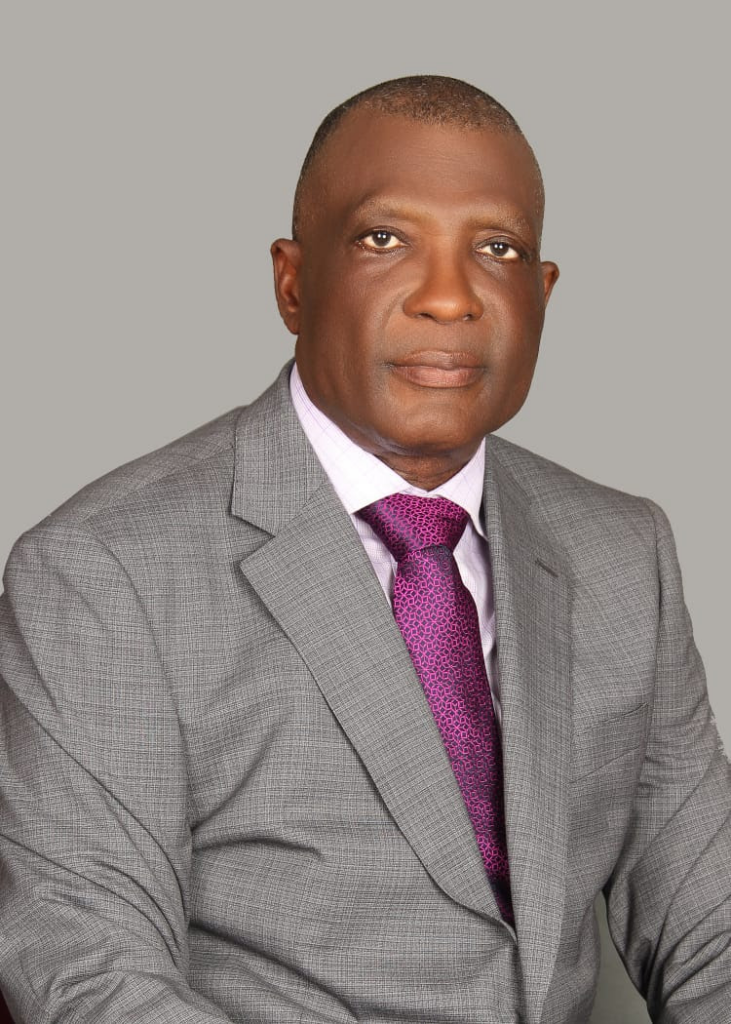- Fake news and pseudo-science have been used as propaganda by supporters of the far-right candidate Jair Bolsonaro during his presidential election bid, according to a group of 18 Latin American scientists.
- The lack of defined environmental positions within the candidate’s political platform is of great concern to the scientific community.
- The pledge to fuse the agricultural and environmental ministries, expand agricultural and mining activities especially in the Amazon, and the promise made in the media to withdraw from the Paris climate accord, could make a Bolsonaro presidency dangerous not only for Brazil but for the world.
- This post is a commentary. The views expressed are those of the authors, not necessarily Mongabay. A full list of authors is presented at the end of the commentary.
Brazil is the guardian of the largest tropical forest on Earth, lays claim to one of the largest cultivated land areas in the world, and possesses the largest population of any South American nation. As a result, a rising politician there who is ignoring global climate change issues and the environment should be of great concern not only to Brazilians but all humanity.
Time is running out for the world to take action to mitigate climate change. Especially, with superpowers like the US and China doing virtually nothing to decarbonize their economies. Now, Brazil is on the way to electing Jair Bolsonaro president – its own version of Donald Trump, with all the global implications this could involve.
According to a political platform registered with Brazil’s Superior Electoral Court (TSE), Bolsonaro’s proposed political positions suffer from an important lack of measures with respect to the environment and on how to mitigate climate change. His platform does, however, support policies which are of great concern to the scientific community, including the fusion of the agricultural and environmental ministries (with a ministerial head who would be “suggested by the agribusiness producers”), as well as the stimulation and expansion of agricultural and mining activities in the Amazon. Additionally, there is no mention of a transition to green energy.

Importantly, although it isn’t mentioned in his political platform, Bolsonaro has declared during interviews with the press his intention of withdrawing Brazil from the Paris Climate Agreement, avoiding any future national commitment by Brazil to greenhouse gas emission reductions, adaptation and mitigation plans. This climate-denial policy – encouraged by Trump’s example – puts the planet at high risk given the short timeframe that we now have to drastically change global society in order to keep global warming below the 1.5 degree Celsius threshold, as established in the recent report by the United Nations Intergovernmental Panel on Climate Change.
In particular, the exploitation and deforestation of Amazonia supported by Bolsonaro, could lead to drastic negative changes at many ecological levels. Those policies could increase direct warming effects; lead to a dramatic loss of biodiversity; exacerbate climatic extremes; and negatively impact regional weather dynamics.
In addition, Bolsonaro fails to present efficient measures for empowering science in Brazil. According to the candidate, universities and science should step in line behind entrepreneurs and companies. He says that basic science and the environmental sciences will not be a priority for his government, likely meaning more budget cuts.

Meanwhile, fake news in support of Bolsonaro is spreading fast and efficiently in Brazil, with supporters using pseudo-scientific arguments. Even as misinformation surges, almost out of control, the presidential candidate and his team confuse things further with contradictions regarding policies and positions.
Whether the candidate has changed his mind on some fundamental environmental issues, or is only altering his statements to get more votes, it is difficult to say. However, any stated position that is not supportive of the environment; traditional and indigenous populations and their cultures; and the protection of basic human rights, stands against the Brazilian Constitution of 1988.
A Bolsonaro presidency – with its lack of social-environmental protections for the Amazon and for the global climate – represents a huge setback for Brazil and for the planet.
Commentary authors: Eliane Gomes-Alves; Ana María Yáñez-Serrano; Jorge Saturno; Samara Carbone; Pamela Dominutti; Sebastián Diez; Stefan Wolff; Janaína Nascimento; Ana Paula Pires Florentino; Natália Targhetta; Blanca Yáñez Serrano; Tomas Chor; Lucas Emilio Hoeltgebaum; Simone Silva; André Luís Diniz dos Santos; Nora Zannoni; Cybelli Barbosa; Marcia Munik Mendes Cabral.
Citations:
- Barlow, J., Lennox, G. D., Ferreira, J., Berenguer, E., Lees, A. C., Nally, R. M., … Gardner, T. A. (2016). Anthropogenic disturbance in tropical forests can double biodiversity loss from deforestation. Nature, 535(7610), 144–147. https://doi.org/10.1038/nature18326
- Barlow, J., França, F., Gardner, T. A., Hicks, C. C., Lennox, G. D., Berenguer, E., … Graham, N. A. J. (2018). The future of hyperdiverse tropical ecosystems. Nature, 559(7715), 517–526. https://doi.org/10.1038/s41586-018-0301-1
- Chambers, J. Q., & Artaxo, P. (2017). Deforestation size influences rainfall. Nature Climate Change, 7(3), 175–176. https://doi.org/10.1038/nclimate3238
- Lennox, G. D., Gardner, T. A., Thomson, J. R., Ferreira, J., Berenguer, E., Lees, A. C., … Barlow, J. (2018). Second rate or a second chance? Assessing biomass and biodiversity recovery in regenerating Amazonian forests. Global Change Biology. https://doi.org/10.1111/gcb.14443
- Scott, C. E., Monks, S. A., Spracklen, D. V., Arnold, S. R., Forster, P. M., Rap, A., … Wilson, C. (2018). Impact on short-lived climate forcers increases projected warming due to deforestation. Nature Communications, 9(1). https://doi.org/10.1038/s41467-017-02412-4
Banner image: Hyacinth macaws. Image by Rhett A. Butler / Mongabay.
FEEDBACK: Use this form to send a message to the author of this post. If you want to post a public comment, you can do that at the bottom of the page.

This story first appeared on Mongabay
South Africa Today – Environment
This article is licensed under a Creative Commons Attribution-NoDerivatives 4.0 International License.
You may republish this article, so long as you credit the authors and Mongabay, and do not change the text. Please include a link back to the original article.












